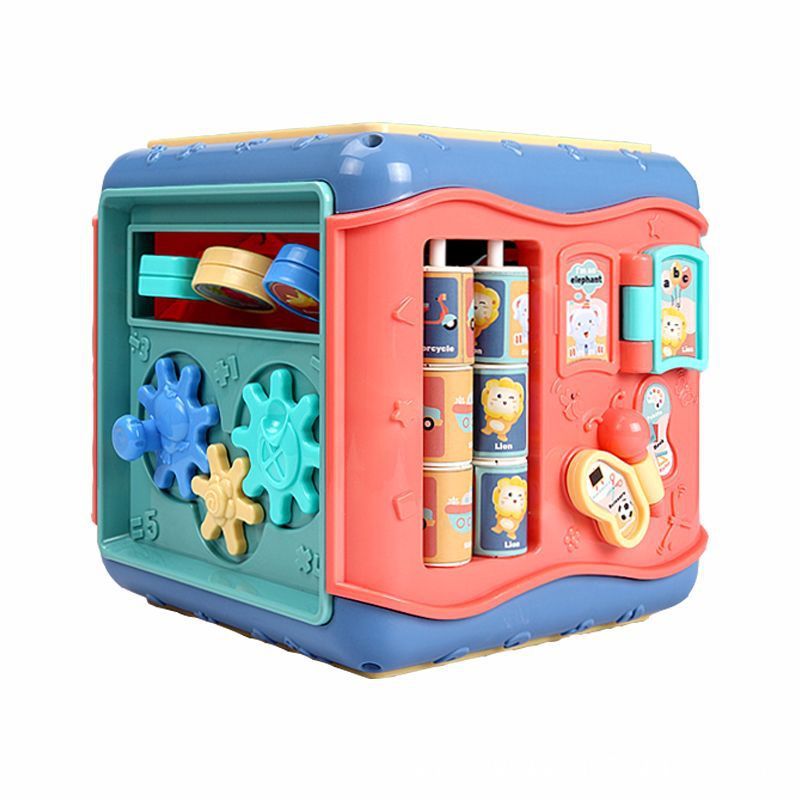Flying with a newborn can feel overwhelming, but with proper preparation, it can be a manageable experience. This guide covers essential tips, regulations, and what to expect when traveling by air with your newest family member.
Age Requirements and Documentation
- Minimum age requirements: Most airlines allow babies to fly as early as 2 days old, but many doctors recommend waiting until your baby is at least 2-3 weeks old to allow their immune system to develop.
- Documentation needs:
- Birth certificate or hospital birth record for domestic flights
- Passport for international travel (apply early as this can take several weeks)
- Some airlines may request a doctor’s note clearing your infant for travel if under 7 days old
Booking Your Flight
- Lap infant vs. separate seat: Babies under 2 years can typically fly for free as “lap infants” on domestic flights (international flights usually charge 10-25% of adult fare).
- Consider booking a separate seat for your infant and using their car seat, especially for longer flights. This is safer and gives everyone more space.
- Select optimal seating:
- Bulkhead seats offer more room for diaper changes
- Window seats provide privacy for nursing
- Try to avoid busy areas like near lavatories or galleys
- Book direct flights when possible to minimize travel time and connections
Packing Essentials
- Carry-on must-haves:
- Diapers (one for every hour of travel plus extras)
- Wipes and changing pad
- Change of clothes for baby (and one for you!)
- Formula/breast milk (exempt from liquid restrictions)
- Pacifiers
- Baby carrier or sling
- Light blanket
- Baby medicine kit with infant acetaminophen
- Checked baggage considerations:
- Most airlines allow checking a stroller and car seat for free
- Consider gate-checking these items for immediate access upon arrival
Airport Navigation
- Arrive early: Give yourself extra time (at least 2 hours for domestic, 3 for international)
- Security screening:
- Babies must be removed from carriers/strollers during screening
- Formula, breast milk, and baby food are exempt from liquid restrictions but will require additional screening
- Inform TSA agents if you’re carrying breast milk without your baby
- Take advantage of family lanes where available
- Pre-boarding is usually available for families with infants
During the Flight
- Managing ear pressure:
- Feed your baby during takeoff and landing to help equalize ear pressure
- Pacifiers can also help
- Temperature regulation: Dress baby in layers; planes can be cold
- Noise considerations:
- Consider infant-sized noise-reducing headphones
- White noise on your phone can help mask cabin noise
- Changing diapers: Most airplane bathrooms have changing tables, but not all. Check with flight attendants.
- Handling fussiness:
- Walking the aisle (when safe)
- Taking turns with a travel partner
- Remember most passengers understand babies cry
Health and Comfort Tips
- Hydration: If breastfeeding, stay well-hydrated yourself. For formula-fed babies, bring more than you think you’ll need.
- Preventing germs:
- Use disinfecting wipes on tray tables and armrests
- Limit stranger contact with newborn
- Consider a light cover for the carrier (ensuring proper airflow)
- Cabin pressure and circulation:
- Move baby’s limbs occasionally during long flights
- Take breaks from carriers/car seats
Special Considerations for International Travel
- Vaccination schedules: Consult your pediatrician before international travel
- Time zone adjustments: Gradually adjust feeding schedules if crossing multiple time zones
- Medical insurance: Ensure coverage for your destination or purchase travel insurance
- Local emergency information: Research pediatric facilities at your destination
Final Thoughts
Remember that flight crews have experience with infant passengers and can be a valuable resource. Don’t hesitate to ask for help if needed. With proper planning, flying with your newborn can be the start of a lifetime of family adventures.
Most importantly, be patient with yourself and your baby. The journey is part of the experience, and keeping a flexible attitude will help everyone have a smoother trip.













